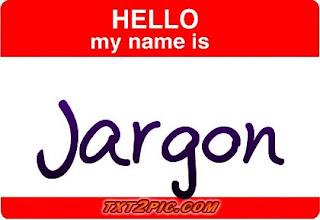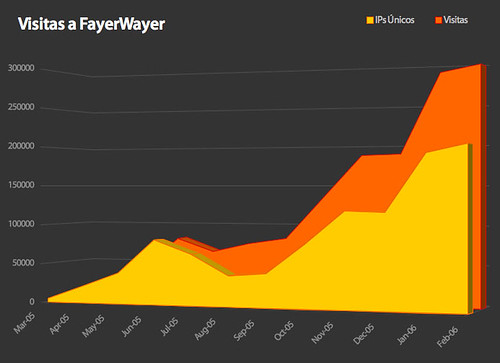Kiva.org was actually the inspiration for this list. I thought everyone in international development had heard of Kiva by now, but apparently that’s not true. A former colleague of mine was wishing she could find a way to give to Tajikistan in a way that let her see impact. I suggested Kiva, and was met with total blankness, because she’d never even heard of it. That made me think of all the other stuff I thought was obvious. Therefore, I bring you:
Five things everyone really ought to know about already
1) Kiva.org
Kiva is an NGO that supports microlending. Individual entrepreneurs are listed on the site, with a description of how much money they need and the projects they want to invest in. You can then choose who to support and how much you want to lend. Kiva devotees are passionate and vocal, and the lending experience is an awful lot of fun. Kiva consistently has more people who want to loan than qualified borrowers.
I think this kind of personal choice and connection is going to be important in the future of global charity. Combining the personal link with micro-credit is sheer genius, and it’s something we can all learn from.
2) Global Giving
Global Giving is an aggregator aimed at people who want to donate to global causes. You can search by location, topic, or though a nifty little donation wizard that helps finds projects to suit you (which introduced me to the concept of microhealth insurance). From a donor’s perspective, I love the idea of finding causes to support in a logical way that lets you do research, instead of waiting for someone to come to you and solicit a donation.
From an NGO perspective, this is a great way to gain committed donors who have genuine passion for what you do. For a small NGO, this is an amazing opportunity to access funds without having to invest in a fundraising infrastructure. Global Giving and organizations like them are the wave of the future.
3) RSS Readers
RSS is an acronym for a name that doesn’t really matter. The important thing about RSS is that it brings the content of websites to one place so you can read them easily. I use Google Reader, because I’m lazy, but there are a lot of choices. Just search for RSS Reader, and see what you come up with. By bringing everything to one place, it makes it much easier to keep up with new web content, saving you time and effort. Most of the smarty-pants people you meet who seem up-to-date on everything use RSS readers to accumulate all that knowledge. It’s hard to explain exactly why it’s so much easier to use one reader instead of visiting each site individually, but trust me, it is. Give it a shot and see for yourself.
4) Google alerts
I love Google alerts, which are basically searches that Google saves and runs for you on some kind of regular schedule that you select. You are emailed the results. I put a Google alert on any topic that seems like it might interest me – my current list includes several countries, “public health,” “maternal health,” and several other terms. If I’m not getting anything interesting, I dump the alert. I also have Google alerts set up for colleagues, former colleagues, and anyone else I want to keep up with, as well as my current employer and former employers. My Google alerts are the long-term memory I wish I had, remembering to hunt down information on everything I’m interested in, and they’re my antennae that sense information about what’s new in the world.
5) Twitter
Twitter.com is a microblogging site, where you can set up an account and post updates of up to 140 characters. It is a little like Facebook, because you sign up to “follow” people who interest you, and acquire followers of your own. I use Twitter to give people a sense of me as a person, to highlight web links that don’t quite fit in with my blog, and to flag things that I plan to expand into blog entries later.
The sense of community is powerful and addictive. I post the link when I write a new blog post, along with the topic, and a lot of people come over to check it out. People will often respond immediately and send me links they think I will like. I also use twitter for brainstorming – it gives me a chance to ask random questions and get immediate answers from a whole herd of interesting people.



